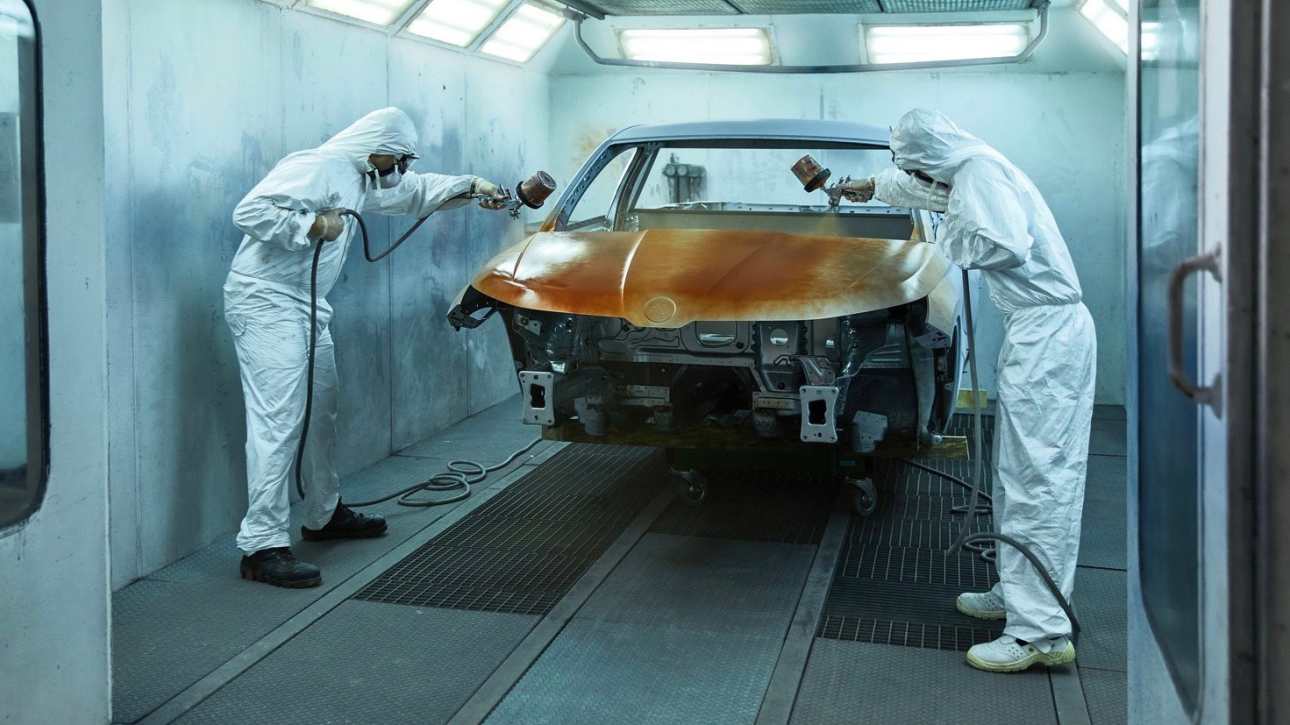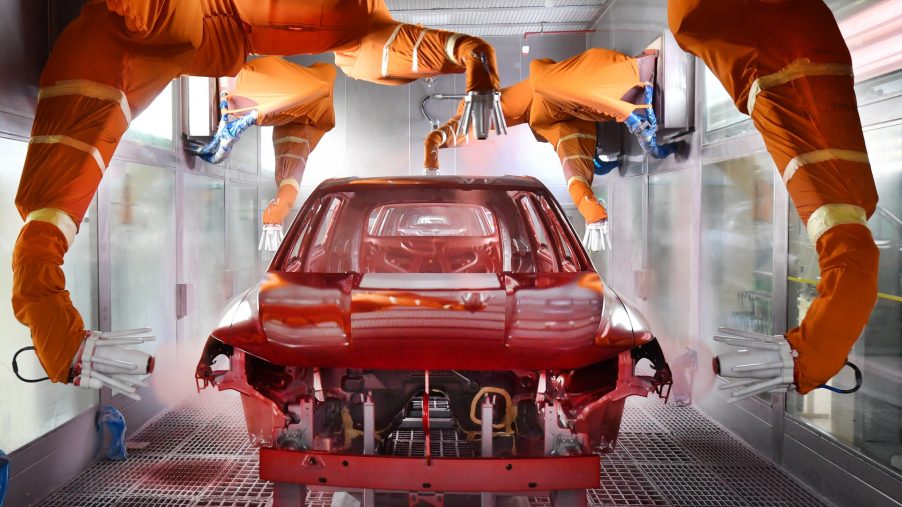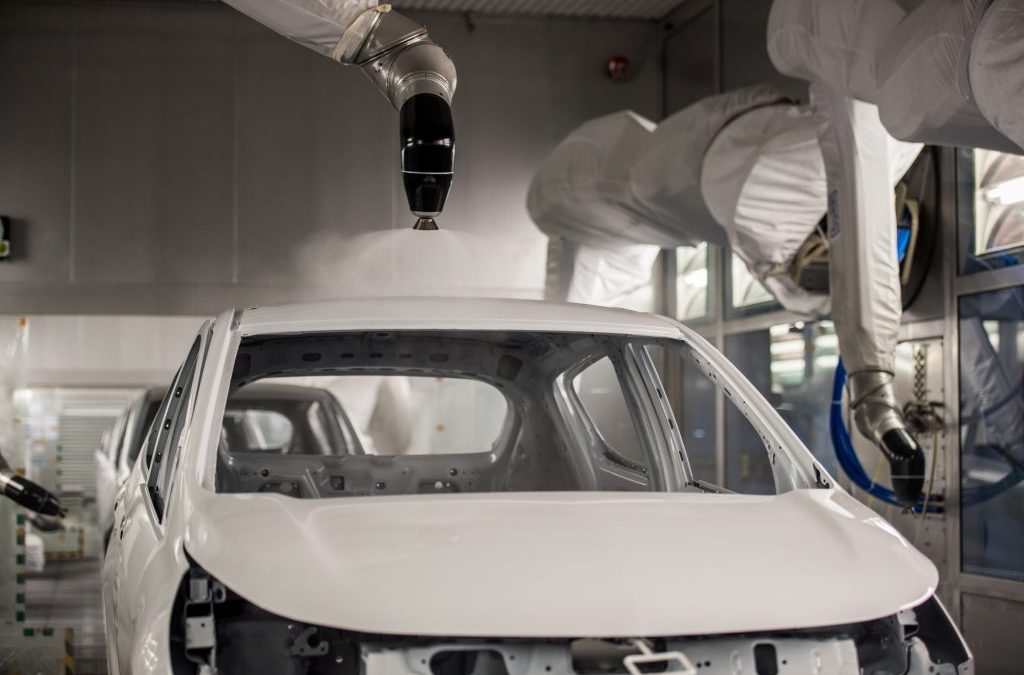Automotive care is vital for preserving the value and appearance of your vehicle. One common issue many car owners face is small paint chips that can detract from the car’s aesthetic appeal. Learning how to fix small paint chips on your car can be a straightforward process that saves you both time and money. In this tremendous guide, we’ll walk you through each step needed to restore your car’s paintwork to its original glory.

Why Fixing Paint Chips is Important
Ignoring small paint chips on your car can lead to more significant problems over time. Here’s why you should address these issues promptly:
Prevent Rust
Paint chips expose the metal beneath, which can lead to rust if not treated. Rust can cause further damage and even spread, making a small issue a much bigger one.
Maintain Aesthetic Appeal
Your cars appearance matters. Fixing paint chips helps maintain a polished, professional look.
Preserve Resale Value
A well-maintained car retains its value better. Addressing paint chips ensures your vehicle remains attractive to potential buyers.
What You’ll Need
Before diving into the process, gather these materials:
- Touch-up paint that matches your cars color
- Fine-tip brush
- Paint thinner
- Wax and grease remover
- Sandpaper (600 & 1500-grit)
- Polishing compound
- Microfiber cloths
Step-by-Step Guide
1. Clean the Chipped Area
Start by washing the area around the paint chip with soap and water. This removes any dirt and debris that could interfere with the process. Dry the area thoroughly.
2. Prepare the Surface
Use wax and grease remover to clean the chip and surrounding area. This ensures that the paint adheres properly.
3. Sand the Area
Gently sand the chip with 600-grit sandpaper to smooth any rough edges. Wipe away the dust with a microfiber cloth.
4. Apply Primer
If the chip is deep, applying a thin layer of primer helps the touch-up paint adhere better. Allow it to dry according to the manufacturers instructions.
5. Apply Touch-Up Paint
Using a fine-tip brush, carefully apply the touch-up paint in thin layers. Allow each layer to dry before applying the next.
6. Sand and Polish
Once the paint is completely dry, use 1500-grit sandpaper to smooth the area. Follow up with a polishing compound to blend the repaired area with the rest of the paintwork.
Extra Tips for a Flawless Finish
To achieve a professional finish, consider these additional tips:
Work in a Dust-Free Environment
Dust particles can ruin the paint job. Ensure your workspace is clean and free from debris.
Match the Paint
Accurately matching the paint color is crucial. Check your cars manual or visit an auto parts store for assistance.
Practice Patience
Rushing the process can lead to a less-than-perfect finish. Take your time to ensure each step is properly executed.
For More Details
For those interested in a more comprehensive guide, consider checking out this related article on paint application.
Wrapping Up
Learning how to fix small paint chips on your car is a valuable skill that helps maintain your vehicle’s appearance, prevent rust, and preserve its resale value. By following this guide, you’ll be able to tackle those pesky chips with confidence.
For more information on automotive care, consider exploring articles like wafer polishing inspection and genetic analysis monitoring for unique insights into high-speed technology applications.
Frequently Asked Questions
Can I use any touch-up paint?
It’s important to use touch-up paint that matches your car’s color. Using the wrong color can make the repair more noticeable.
Do I need to sand the area before applying paint?
Sanding helps smooth out any rough edges and allows the paint to adhere better. It’s an important step for a clean finish.
How long does the repair take?
The total time can vary depending on the drying times of the materials used. Generally, the process can take a few hours to complete, including drying times between layers.

Additional Resources
For more detailed information on automotive painting, visit this guide.
